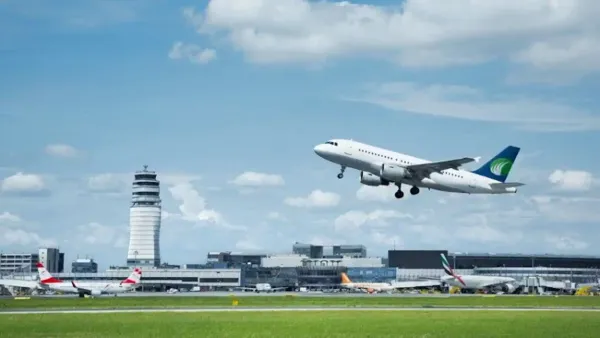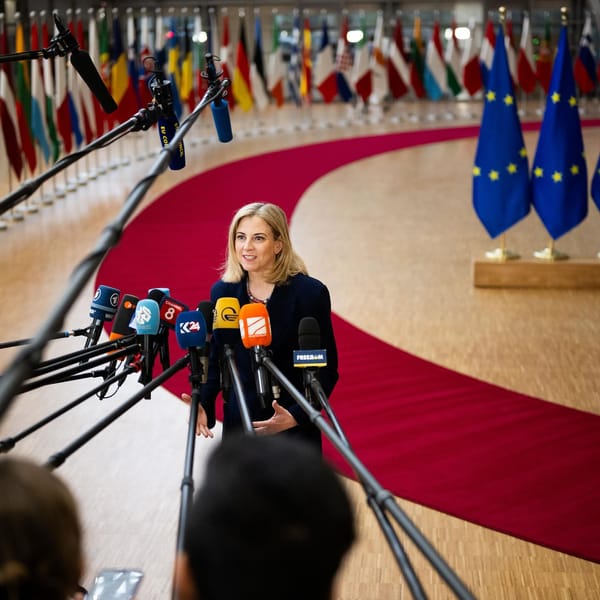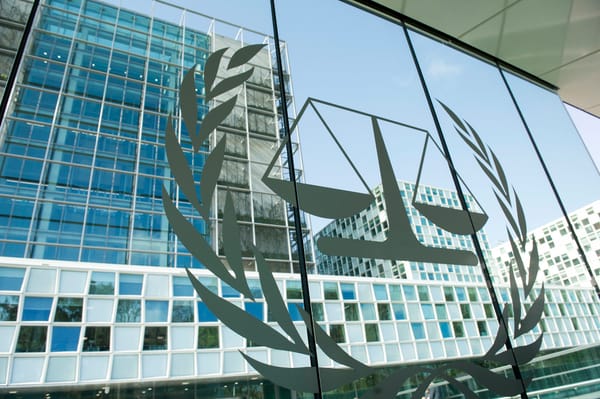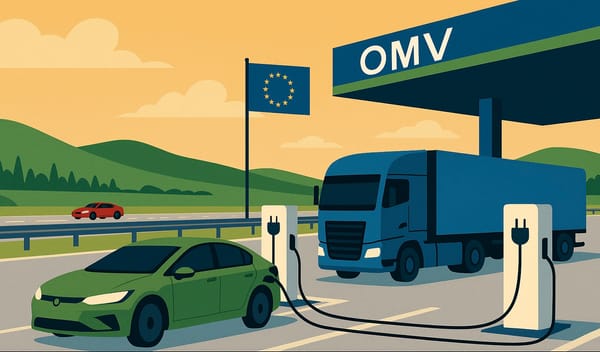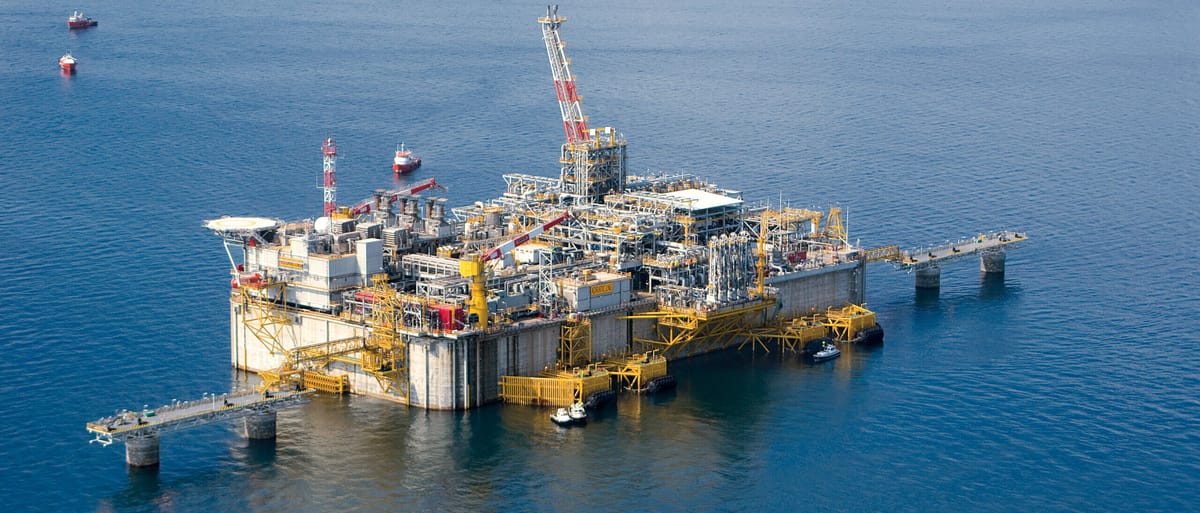
Croatia plans for worst case energy scenario
Croatia is currently boosting its own gas security in preparation for next winter, Energy Minister Davor Filipovic announced. By 1 November, Croatia will have filled its only underground gas storage facility in Okoli, central Croatia, by up to 90%, Filipovic told state broadcaster HRT.
Filipovic was speaking after a report from an association of European transmission system operators estimated that in the event of Russia completely cutting off gas supplies to EU countries, Croatia would be able to fill a maximum 30% of its gas storage capacity.
In that worst case scenario, most European countries would not be able to reach the storage level target of more than 80%, the European Network of Transmission System Operators for Gas (ENTSOG) found.
The most serious import capacity limitations are in Central Eastern Europe (CEE), according to ENTSOG. As well as Croatia, ENTSOG found, Austria, Poland, Czechia, Slovakia, Hungary, Lithuania, Slovenia, Bulgaria and Romania can only expect to achieve a maximum of 35% of their natural gas storage capacity. ENTSOG did not give an estimate for Latvia or Estonia, as they are not full members of the association.
Filipovic nevertheless insisted that Croatia “can have security in terms of gas supply for the coming heating season”. If Russia cut off Croatia’s gas supply, “we would be among the best prepared EU countries”, he said.
After his first time meeting of his EU counterparts earlier this month, Croatia’s incoming energy minister described Croatia is one the most energy secure EU member states thanks to its LNG terminal on the island of Krk.
Croatia reported earlier in the month that it had already increased the capacity of the LNG terminal on Krk from 2.6 to 2.9 billion cubic metres of gas.
Croatia can also “double the amount of oil going to Hungary without any investment, and with additional investments can double that capacity again”, Filipovic said, referring to state-owned pipeline operator JANAF, which connects the northern Adriatic with central Croatia and on to Serbia and Hungary.
The pipeline was originally intended to be the final stretch in connecting Krk to Russian oilfields, but that plan was abandoned due to environmental concerns in the 2000s.

